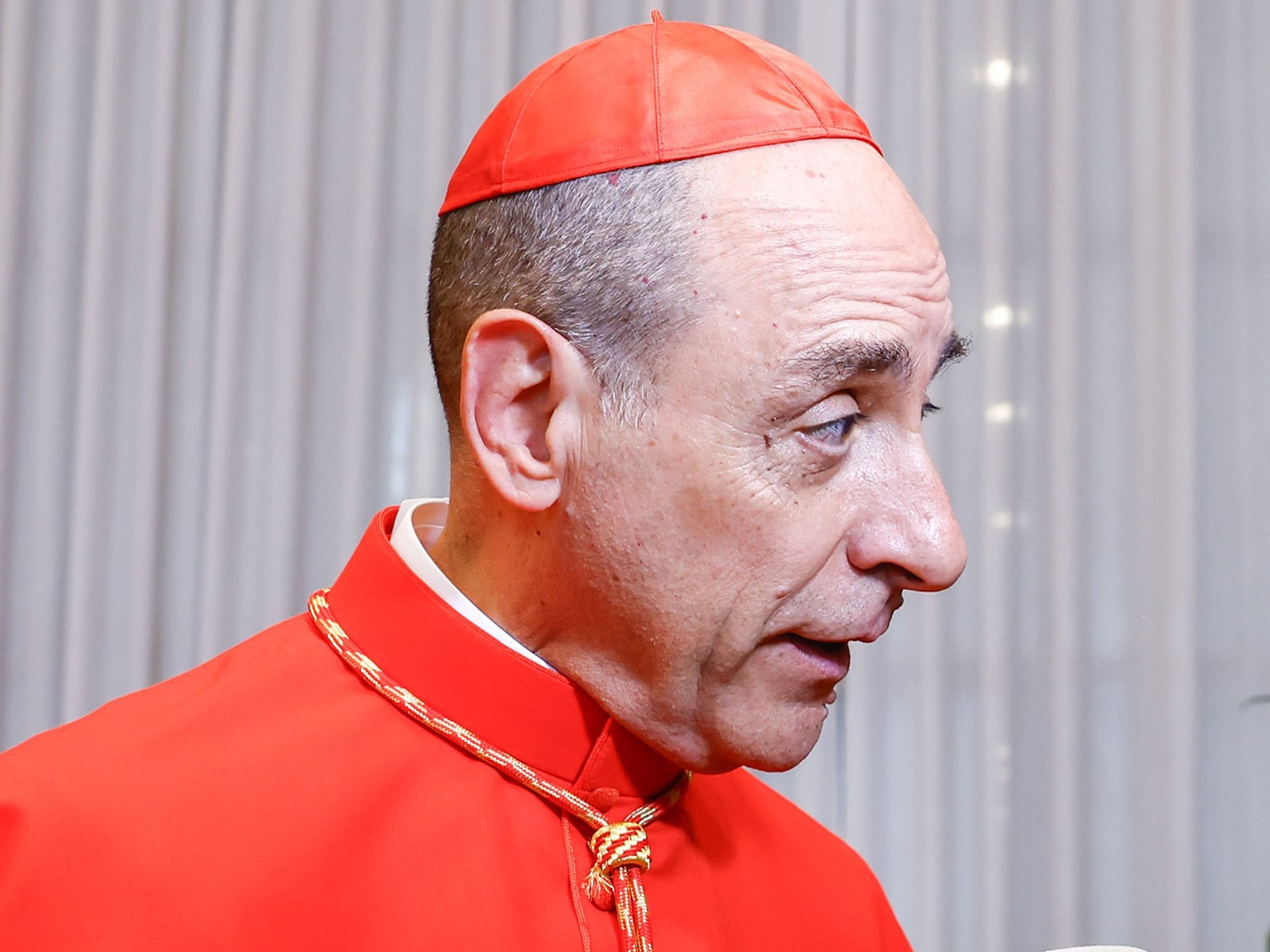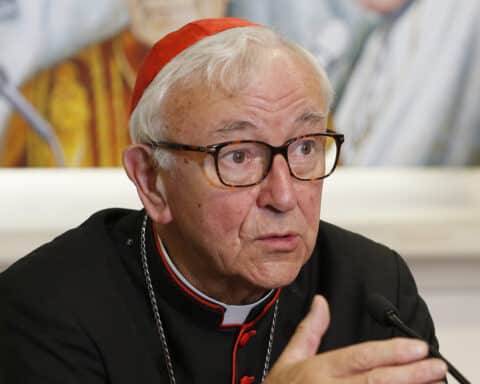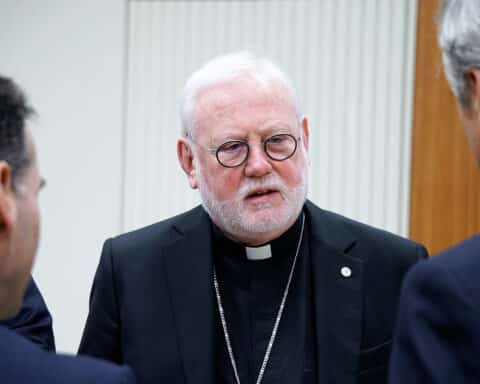For months, Vatican watchers have been reporting on a document on human dignity expected in early April from the Dicastery for the Doctrine of the Faith. Cardinal Víctor Manuel Fernández, the head of the dicastery, has confirmed the coming document in various news interviews, saying, “We are preparing a very important document on human dignity that not only includes social issues, but also a strong criticism of moral issues such as sex change, surrogacy, gender ideologies, etc.”
We are grateful that the Vatican has recognized the urgent need for clarity. The forthcoming document offers the opportunity for a significant step in addressing the challenges that face us today. In particular, Catholic teaching needs to be unequivocally clear on topics that affect the core of human dignity. These include the sanctity of life from conception to natural death, the nature of marriage and family and the right to religious freedom, among others. As we navigate the tumultuous waters of modern ethical dilemmas, the beacon of the Church’s teaching is indispensable.
The Church has, throughout history, been the custodian of moral clarity. Grounded in the teachings of Christ, modern encyclicals and declarations have addressed the evolving challenges of each era. The Magisterium gives her sons and daughters instruction that is both timeless and timely. Remembering past statements on human dignity, such as those found in the Second Vatican Council’s Gaudium et Spes (“Pastoral Constitution on the Church in the Modern World”), reminds us of the Church’s perennial commitment to addressing the needs of humanity in every age.
Continued clarity on difficult issues of morality is much needed. In a world where the lines between right and wrong are often blurred by societal changes, technological advancements and cultural shifts, the Church’s voice remains the voice that shares the truth given by Christ. It is a matter not merely of reiterating long-held beliefs, but also of applying these eternal truths to new contexts. We therefore eagerly await this document from the Dicastery for the Doctrine of the Faith as an important contribution to ongoing moral conversations.

Rising rates of LGBTQ identification
While issues like migration and the environment (which the forthcoming document will likely address) continue to be important, we are encouraged that this document will also address growing concerns around transgenderism and other gender ideologies. A recent Gallup poll found that 28.5% of American Generation Z women identify as LGBTQ (compared to 10.6% of Gen Z men). Nearly one quarter (22.3%) of Gen Z overall identifies as LGBTQ. By comparison, in a 2013 Gallup poll, researchers found that just 3.5% percent identified as something other than heterosexual.
There is a pressing need for clarity on the part of the Church to respond in particular to these growing trends. Our voice must be compassionate, particularly toward those who suffer from gender dysphoria. But that compassion must be extended through clarity on the morality of “gender-affirming” medical interventions.
Catholic hospitals, schools and social agencies will all benefit from a clear, systematic presentation of the Church’s compassionate response to the ideology of transgenderism.
Earlier this month, England’s National Health Service made the decision to ban puberty blockers for minors at “gender identity clinics,” stating that additional research is required to better understand the possible risks involved. For his part, Pope Francis has repeatedly condemned gender ideology. Earlier this year, the Holy Father spoke out against gender theory, describing it as an “ugly ideology of our time.” Throughout his pontificate, the pope has consistently made similar statements, warning of the dangers such ideology poses, especially to young people. These exacting statements have been important moments of precision and transparency.

The benefits of clear teaching
A Church document on human dignity today, therefore, should take this issue head on. Catholic hospitals, schools and social agencies will all benefit from a clear, systematic presentation of the Church’s compassionate response to the ideology of transgenderism. To date, the most thorough magisterial treatment of this ideology was published in 2019 by the Congregation for Catholic Education (subsequently merged into the Dicastery for Culture and Education). A thoughtful philosophical treatise, the document would benefit from further developments which specify and direct permissible courses of treatment for gender dysphoria and protect young people from irreversible bodily harm.
In anticipation of this document, we are reminded of our responsibility to engage with the Church’s teaching thoughtfully and to embody the Gospel in our lives. The Church, in her wisdom, offers us the principles needed to navigate the complexities of modern life. It is up to us to live out these principles, demonstrating to the world the beauty and richness of a life lived in accordance with divine law.
As we await the publication of this document, let us pray for the Holy Spirit’s guidance of Cardinal Fernández and all those involved in its preparation. May their work be a source of light and truth for the Church and the world, leading us to more completely fulfill our calling to respect and cherish human dignity always and everywhere.





